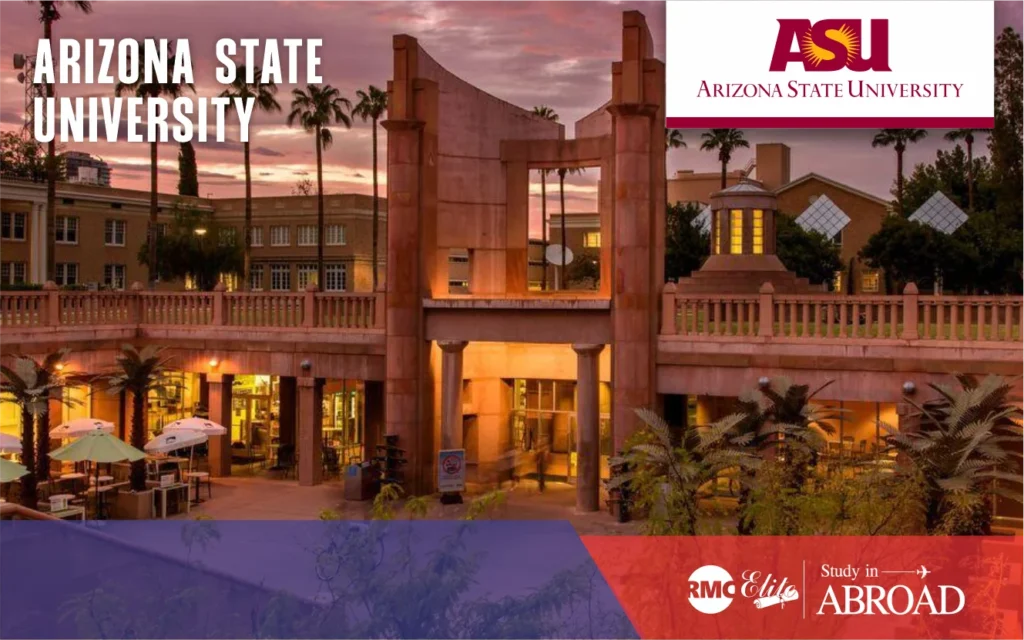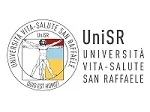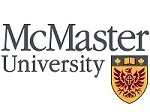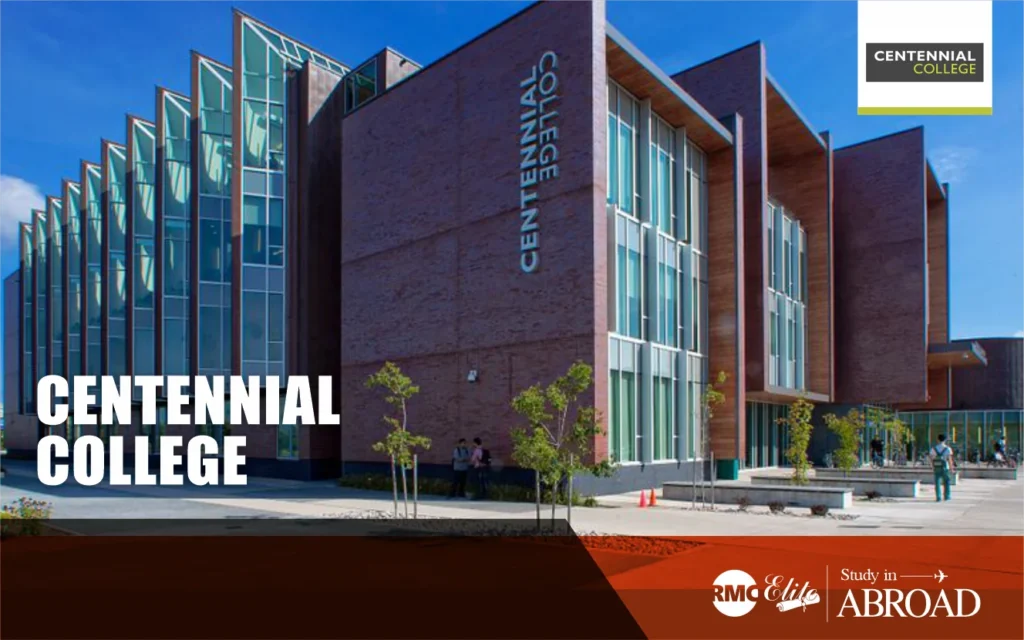
About Arizona State University
Arizona State University (ASU) is a world-renowned public research university located in Tempe, Arizona, United States. Founded in 1885, Arizona State University (ASU) has grown into one of the largest universities in the country, with a student body of over 100,000 individuals from all over the world. ASU offers a comprehensive range of undergraduate and graduate programs across 17 colleges and schools, with a strong emphasis on interdisciplinary studies and real-world applications. This focus on innovation and practicality has earned a reputation as a leader in cutting-edge research and technological advancements.
At Arizona State University(ASU), student success is the top priority. The university offers a variety of support services and resources to help students achieve their goals, including a robust career services center, academic advising, and a commitment to diversity, equity, and inclusiveness. This commitment to student success is reflected in the high placement rates and successful careers of ASU graduates.
In addition to its commitment to student success, Arizona State University(ASU) is also known for its cutting-edge research and technological advancements. The university consistently ranks among the top public universities in the country and is recognized for its innovative approach to education and research. ASU’s partnerships with industry leaders, government agencies, and other institutions further enhance the student experience and provide real-world opportunities for students to apply their knowledge and skills.
With its commitment to student success, innovative approach to education and research, and commitment to diversity and inclusiveness, Arizona State University(ASU) is an excellent choice for students seeking a world-class university experience.
Why Study in Arizona State University?
There are several reasons to choose Arizona State University (ASU) as a place to study, including:
- Diversity: arizona state university(ASU) is a large, diverse university, with a student body from all 50 states and more than 160 countries.
- Innovation: arizona state university(ASU) is a leading innovator in higher education, offering unique interdisciplinary programs, hands-on learning opportunities, and online degree options.
- Location: Arizona is a great place to live, with its sunny weather, natural beauty, and outdoor recreational opportunities.
- Research opportunities: Arizona state university(ASU) has a strong focus on research, with numerous research centers and institutes, and many opportunities for students to get involved in cutting-edge research projects.
- Career preparation: ASU prepares students for successful careers through its strong partnerships with businesses and organizations, as well as its commitment to providing students with hands-on learning opportunities and real-world experience.
- Affordability: Arizona state university(ASU) is one of the most affordable universities in the US, with a commitment to providing students with access to quality education at a reasonable cost.
Courses Offered by Arizona State University
| College of Liberal Arts and Sciences | Natural Sciences and Mathematics
Humanities and Arts Social and Behavioural Sciences Interdisciplinary Studies |
| W. P. Carey School of Business | Accounting
Entrepreneurship and Innovation Finance Management Marketing Supply Chain Management |
| Herberger Institute for Design and the Arts | Art
Dance Film, Dance, and Theatre Music School of art
|
| Ira A. Fulton Schools of Engineering | Aerospace Engineering
Biological Systems Engineering Chemical Engineering Computer Science and Engineering Electrical Engineering Industrial Design and Engineering Mechanical Engineering |
| Mary Lou Fulton Teachers College | Curriculum and Instruction
Early Childhood Education Educational Leadership Educational Psychology Secondary Education Special Education |
| School of Sustainability | Environmental Policy and Management
Sustainability Science and Policy Sustainable Energy Systems Sustainable Materials and Technology Urban and Regional Planning |
| College of Health Solutions | Biomedical Informatics
Health Services Research Nursing Nutrition Physical Therapy Public Health Speech and Hearing Science |
| College of Nursing and Health Innovation | Nursing
Health Science Nutrition |
| College of Integrative Sciences and Arts | Biological Sciences
Chemistry Earth and Environmental Sciences Mathematics and Statistics Physics Humanities and Arts Social and Behavioural Sciences Interdisciplinary Studies |
| Walter Cronkite School of Journalism and Mass Communication | Advertising
Broadcasting Digital Media News and Information Public Relations Sports Journalism Visual Communication Design |
| School of Criminology and Criminal Justice | Criminology
Criminal Justice Juvenile Justice Police Studies Terrorism and Counterterrorism |
| School of Social Work | Human Behaviour and the Social Environment
Social Welfare Policy and Services Social Work Practice Research Methods in Social Work Diversity and Social Justice in Social Work |
| School of Public Affairs | Criminal Justice
Emergency Management and Homeland Security Environmental Policy Non-profit Management Public Administration Public Affairs Urban Planning |
| College of Health Solutions | Biomedical Informatics
Health Sciences Nutrition Speech and Hearing Science |
| College of Law | Business Law
Criminal Law Environmental Law International Law Public Interest Law |
| College of Global Futures | Artificial Intelligence and Human-Centred Computing
Blockchain and Digital Currency Cybersecurity and Privacy Design and Development of Emerging Technologies Emerging Technologies and Public Policy |
| School for the Future of Innovation in Society | Science, Technology, and Public Policy
Environmental Science and Policy Science and Technology Studies Human and Social Dimensions of Science and Technology Global Technology and Development |
Arizona State University Fees Structure
The fees for each college under Arizona State University (ASU) vary depending on the program and the number of credits taken. In general, tuition and fees at ASU can range from approximately $10,000 to $30,000 per year, not including additional costs such as housing, books, and other expenses.
| Billed Expenses | Iowa Residents | Nonresidents |
| Tuition & fees | $10,353 | $32,316 |
| Housing & meals | $11,476 | $11,476 |
| Total billed expenses | $21,829 | $43,792 |
| Other Estimated Expenses | Iowa Residents | Nonresidents |
| Books & Supplies | $950 | $950 |
| Personal expenses | $3,078 | $3,078 |
| Transportation | $1,026 | $1,026 |
| Total estimated expenses | $5,054 | $5,054 |
Eligibility Criteria to Study at Arizona State University
The eligibility requirements for admission to Arizona State University (ASU) are as follows:
- A completed application form and payment of the non-refundable application fee.
- An official high school transcript or equivalent, demonstrating graduation or equivalent.
- ACT or SAT test scores (if applicable).
- College transcripts, if transferring from another institution.
- English language proficiency test scores for international students (e.g., TOEFL, IELTS).
- Any additional materials required by the program to which you are applying (e.g., portfolio, letters of recommendation).
These are general admission requirements, and specific programs or colleges within ASU may have additional requirements. Please visit the ASU Admissions website at https://admission.asu.edu/ for more information and to find the specific requirements for your program of interest.
Arizona State University Scholarship Programs
Arizona State University (ASU) offers various scholarship programs for its students, including:
- Merit Scholarships: awarded based on academic achievement and test scores.
- Presidential Scholarships: awarded to outstanding high school seniors and transfer students based on academic merit and leadership potential.
- Barletta Scholarships: awarded to first-generation college students with a strong academic record and a commitment to service.
- Achievement Awards: awarded to underrepresented minority students with a strong academic record and leadership potential.
- Endowed Scholarships: awarded to students based on academic merit, financial need, and/or other criteria specified by the scholarship donor.
- Financial Aid: awarded to students based on financial need, including grants, loans, and work-study programs.
- Departmental Scholarships: awarded to students by individual departments within the university, based on specific criteria determined by each department.
Facilities of Arizona State University
Arizona State University has a wide range of facilities for its students, faculty, and staff. Some of the major facilities include:
- Residence Halls: offers a variety of on-campus housing options for its students, including traditional dorms, apartments, and suites.
- Libraries: Arizona State University(ASU) has several libraries on its various campuses, including the Hayden Library, which is one of the largest academic libraries in the country.
- Athletic Facilities: Arizona State University(ASU) has several state-of-the-art athletic facilities, including the Sun Devil Fitness Complex, which offers fitness classes, weight rooms, cardio equipment, and more.
- Student Centres: Arizona State University(ASU) has several student centres, including the Memorial Union, which is a hub of student activity on the Tempe campus.
- Research Centres: it has several research centres, including the Bio design Institute, which focuses on biotechnology and biomedical research.
- Performing Arts Centres: several performing arts centres, including the Gammage Auditorium, which hosts concerts, shows, and other events.
- Technology and Computer Labs: Arizona State University(ASU) has several technology and computer labs, including the Digital Culture Lab, which provides access to cutting-edge technology and tools for students.
The Admission Process at Arizona State University
The admission process at Arizona State University (ASU) typically involves the following steps:
- Submit an application: Prospective students can apply to ASU through the university’s online application portal. A non-refundable application fee is required.
- Submit supporting documents: Along with the application, students need to submit official transcripts from all previously attended institutions, ACT or SAT scores, and any other required documents as stated in the application.
- Review and Decision: ASU’s admissions committee will review the applications and make a decision based on the applicant’s academic background, standardized test scores, and other criteria.
- Acceptance: If admitted, students will receive an acceptance letter and information on the next steps, such as registering for orientation and enrolling in classes.
It is important to note that the admission process and requirements may vary depending on the student’s academic background and the program to they are applying to. Students are encouraged to review the university’s admission requirements and contact the admissions office for further information.
Documents Required for Admission Process at Arizona State University
The following is a list of documents required for admission to Arizona State University (ASU):
- Completed application form
- Non-refundable application fee
- Official high school transcript or equivalent demonstrating graduation or equivalent
- ACT or SAT test scores (if applicable)
- College transcripts, if transferring from another institution
- English language proficiency test scores for international students (e.g., TOEFL, IELTS)
- Any additional materials required by the program to which you are applying (e.g., portfolio, letters of recommendation)
Why Choose to Take Admission Through RMC Elite?
RMC Elite is a reputed and renowned educational institution that offers various courses in business management, IT, and engineering.
Reasons to consider taking admission through RMC Elite:
- Quality education: RMC Elite offers high-quality education that is recognized globally. The faculty at RMC Elite are highly experienced and knowledgeable, and they use modern teaching methods to help students learn better.
- Accreditation: RMC Elite is accredited by various accreditation bodies such as ABET, AACSB, and ACBSP. This accreditation ensures that the education provided by the institution meets the highest standards.
- Global network: RMC Elite has a global network of alumni, which can be helpful in building your professional network.
- Career opportunities: RMC Elite has strong connections with various industries and businesses, which can provide students with excellent career opportunities.
- Flexible learning options: RMC Elite offers various learning options, such as full-time, part-time, online, and hybrid programs. This allows students to choose the learning option that best suits their needs and schedule.
- Financial aid: RMC Elite offers various financial aid options, such as scholarships, grants, and loans, to help students finance their education.
In summary, RMC Elite is an excellent choice for anyone looking for quality education, accreditation, global network, career opportunities, flexible learning options, and financial aid.















